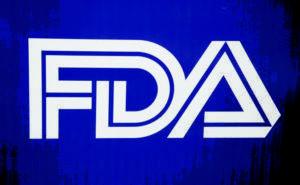
It’s a common assumption that all new medical devices go through the same rigorous safety tests before being introduced into the marketplace. However, the agency in charge of overseeing the release of medical devices, the U.S. Food and Drug Administration or FDA, has determined that some devices require pre-market approval and that others do not.
Currently, the approval process for medical devices varies according to product type and risk factor. It’s often in this pre-market process where devices like Stryker Rejuvenate and ABG II hip implants get overlooked.
Here are some facts about the medical device approval process:
- New devices that are not deemed risky are subject to the FDA review process known as 510(k) or premarket notification process. This allows a medical device manufacturer to obtain FDA approval without clinical trials as long as the product is “substantially equivalent” to a product already on the market.
- High-risk medical devices are subject to more stringent premarket approval process or (PMA) that requires manufacturers to supply evidence of additional testing to provide reasonable assurance that the device is safe and effective.
Currently, medical devices in the 510(k) category include dialysis equipment and hip and knee implants such as Stryker Rejuvenate and ABG II hip implants. Given the recent problems of hip and knee replacement devices, the use of the 510(k) approval process with these products has been called into question.
A Government Accountability Office (GAO) report shows that as of April 1, 2011, some high-risk devices including implantable hip joints such as those manufactured by Stryker Corporation had entered the U.S. market through the less stringent 510(k) process. Sadly, if a high-risk medical device is found to be defective, the FDA only learns of the harm after it has already been used by the public. In those cases, the FDA may issue a warning or a “recall” to prevent further harm, and to stop the product from being used but by then it’s too late for those already injured.
As Stryker Rejuvenate and ABG II attorneys, we believe that high-risk medical device manufacturers should be required to conduct more testing and complete the clinical trials before submitting their application for FDA approval. While this change is sure to add costs to manufacturers, it would potentially make these products much safer for patients in the future.
If you or a loved one has been hurt as a result of using a recalled product, you should speak to a competent defective medical device lawyers to find out what your legal options are.
Sources:
According to a GAO report re: FDA recalls… http://www.gao.gov/products/GAO-11-556T